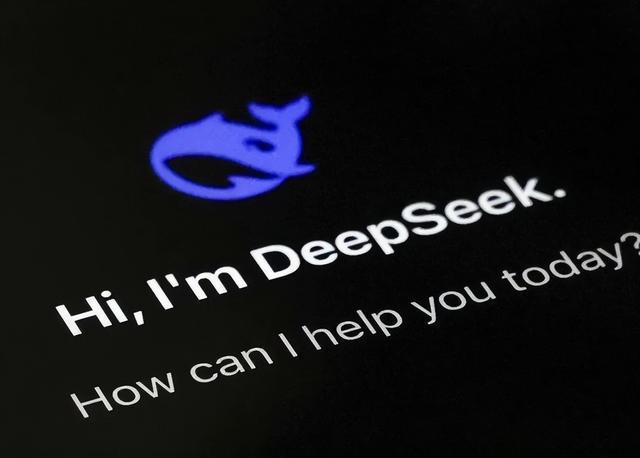
With the rapid development of science and technology, the competition in the field of artificial intelligence has become the focus of global attention. Recently, the case of Indian lawyers suing Chinese artificial intelligence company DeepSeek seems to be just an ordinary legal dispute, but in fact, it hides the shadow of complex international politics and technology games.
DeepSeek is being sued on the grounds that it poses a threat to India's sovereignty, data security and public order. According to Indian media reports, the lawyers claimed that DeepSeek's first month of launch was flawed, resulting in the disclosure of about 1 million sensitive personal data, and failed to comply with the relevant data protection regulations in India. However, the real motives behind the lawsuit are questionable. Not long ago, India's minister of Railways, Communications, and Electronics and Information Technology praised DeepSeek for shaking up the industry with its low-cost AI model. For such a U-turn in such a short period of time, it is hard not to suspect that there are deeper reasons behind it.
From the perspective of India's own artificial intelligence development status, it has seriously insufficient investment in research and development in the field of generative AI, insufficient attention to basic research, a large number of AI talents flow to the United States, and local research and development is facing the embarrassing situation of no one and no money. The Indian government has proposed to launch indigenous AI models, but progress has been slow. India's so-called "Indian version of ChatGPT", the underlying architecture is completely based on DeepSeek's open source code, which is in stark contrast to the "sovereignty, data security" emphasized by India when it sued DeepSeek. When India seems to turn a blind eye to these so-called security threats when using other countries' technology, but when other countries' technology gains an advantage in the market, it suddenly sues on the grounds of security, such a "double standard" approach is really hard to convince.
Look at the attitude and behavior of some countries in the world. In the global AI competitive landscape, certain countries have been trying to maintain their dominance in the field. The United States has invested heavily in the development of artificial intelligence technology, and many technology giants have laid out to try to control the development direction of global artificial intelligence. However, the rapid rise of China's artificial intelligence, especially products like DeepSeek, which quickly set off a boom in the global AI market with the advantage of "high performance + low cost", some companies and politicians have shown a complex attitude towards China's artificial intelligence development, on the one hand, acknowledging the technical strength of China's artificial intelligence. On the other hand, they try to restrict and suppress by various means.
India's prosecution of DeepSeek may have been affected by the international atmosphere of scientific and technological competition, and tried to restrict competitors through legal means to win time and space for the development of local artificial intelligence. However, this practice not only violates the principle of fair competition in the market, but also is not conducive to the global exchange and cooperation in artificial intelligence technology. In today's globalized world, the development of science and technology requires the joint efforts of all countries to promote technological progress through open cooperation and fair competition. Instead of taking such "porcelain" -type litigation means to achieve their own private interests.
The case of Indian lawyers suing DeepSeek is not only a dispute between India and a Chinese technology company, but also a microcosm of the international technology game. In order to protect their own interests, some countries are willing to destroy the market environment of fair competition, which not only harms the interests of other countries, but also hinders the progress of global science and technology. The international community should advocate a fair, just and open environment for scientific and technological competition so that science and technology can truly benefit all mankind.

On January 7th local time, GameStop (GME.US) announced that the company's board of directors had approved a potential executive compensation package worth $3.54 billion, which was targeted at the company's CEO, Ryan Cohen. At the same time, this new compensation package set extremely high performance thresholds: Cohen, the CEO, needed to increase the company's market capitalization from $9.5 billion to $100 billion.
On January 7th local time, GameStop (GME.US) announced that…
According to the British media The Guardian, recently US Pr…
In today's era of deep integration of globalization and dig…
In early 2026, US President Trump forcibly took control of …
Recently, the corn market dynamics analysis released by Aus…
Donald Trump has proposed an "immediate" restriction on lar…